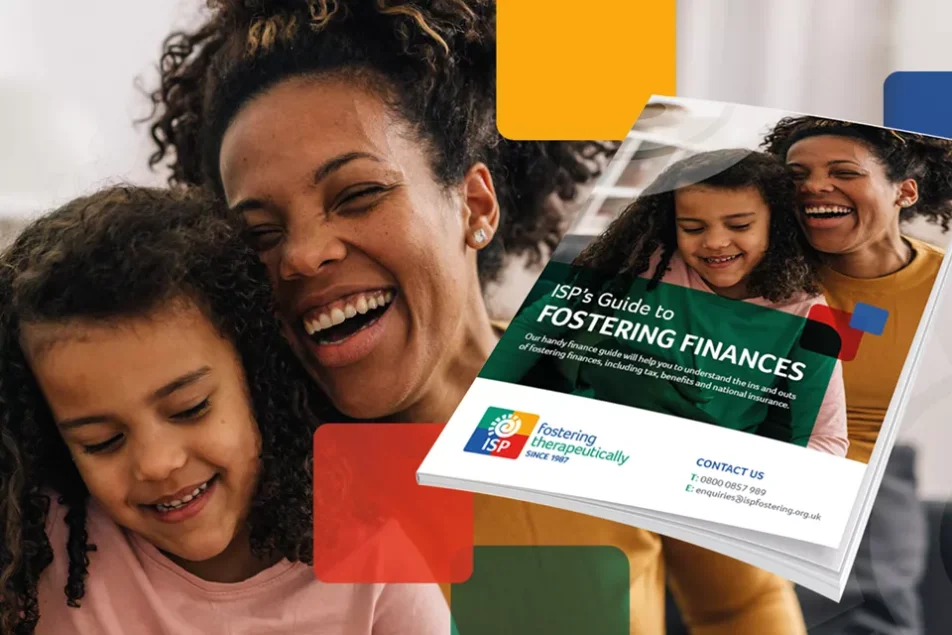
Fostering allowance, claiming benefits and universal credit
Foster parents can still claim means-tested benefits, as the payments you receive from your fostering allowance are not counted towards your income, when calculating whether you’re able to claim them.
So, if you were receiving means-tested benefits before fostering, such as income support, child tax credit or housing benefit, and your financial circumstances remain the same, becoming a foster parent won’t affect your ability to continue receiving them.
What benefits are available to foster parents?
There are two types of benefits – contributory and non-contributory. Whether you’re eligible for these benefits will depend on your personal circumstances.
Contributory benefits
The first kind are contributory benefits, which are for people who’ve worked and paid National Insurance Contributions. These include:
- Jobseeker’s Allowance (JSA)
- Employment Support Allowance (ESA)
- Retirement Pension, Widows Pension and Maternity Benefits
Non-contributory benefits
The other type of benefits are non-contributory benefits, which are dependent on your income (aka means-tested benefits). These include:
- Carers Allowance (fostering income is disregarded)
- Income Support
- Working Tax Credit
- Child Tax Credit
- Jobseeker’s Allowance (income based)
- Housing and Council Tax Benefit
There are also some other non-contributory benefits that are not means-tested, which include;
- Disability Living Allowance (DLA)
- Personal Independence Payment
- Attendance Allowance
- Universal Credits and other forthcoming changes to the benefits system
Frequently asked questions
The fostering allowance isn’t counted towards your income, therefore will not affect your eligibility to receive child tax credits or any other means-tested benefit.
However, child tax credits can only be claimed for your own children and not for any child within your care.
Yes, foster carers receive a weekly fostering allowance for every child in their care, which is generally completely tax-free.
The fostering allowance is split into two parts:
- An allowance to cover the cost of a child in care, including food, drink, clothing, utilities, activities and more.
- A professional fee awarded to the foster carer for their hard work, skills and dedication to a vulnerable child in care.
With ISP, you’ll receive a generous allowance, starting at £547 per week (higher rates within London to reflect the higher cost of living) and increasing up to £688 per week through the completion of additional training and experience.
In addition, you’ll also receive other allowances for holidays and Summer activities, as well as access to hundreds of discounts for big-name brands, such as Asda, John Lewis, Costa, New Look and more, via our foster parent reward platform, The Exchange.
Foster carers receive a £19,690 tax allowance on their annual fostering income, plus an additional weekly tax relief for each child in their care – known as Qualifying Care Relief – meaning that they can receive payments up to a certain amount, completely tax-free.
Whether you pay tax will depend on several factors, including the number of children you have in placement, the type of placement and whether you receive enhanced fees and whether you receive any other income aside from fostering.
However, in general, if you’re caring for 1 child and do not have any other source of income, the Qualifying Care Relief should be higher than the income received and therefore you will not pay tax.
Unfortunately, foster carers only receive a fostering allowance when they have a child in placement.
However, we receive hundreds of referrals every day from local authorities and have a dedicated Referrals Team who match these children with the skills and experience of our foster parents.
In addition, we work closely with our foster parents whose children are approaching the date that’s planned for them to move on from their care and work with local authorities to identify any potential placements that can be planned in future.
Speak to our team today
Whether you’re looking for more information or you’re ready to apply, we’re here to help you on your journey.
Enquiry Form
The company takes the requirements of GDPR seriously in ensuring the privacy and lawful processing of personal data provided to us by you. Please view our privacy notice which explains how the company will manage and use your personal data. This site is protected by reCAPTCHA and the Google Privacy Policy and Terms of Service apply.
